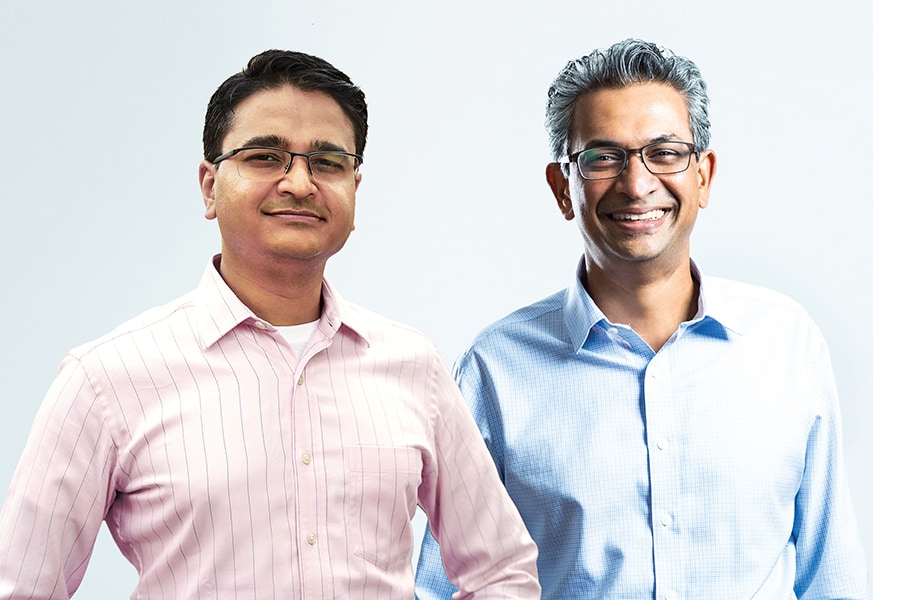
A masterclass in edtech
Two seasoned venture capitalists—GV Ravishankar and Rajan Anandan of Sequoia, India's biggest VC fund, decode the A to Z of edtech. Subscribe to Forbes India's new digital, print, or print-and-digital plans for the full cover story

How easy or tough it is for Sequoia Capital India, the largest backer in the edtech sector to manage a portfolio which has all big names such as Byju’s, Unacademy and Eruditus? Is the future of education in India online, offline or a hybrid model?
“End of the day, education is a brand business”
(GV Ravishankar, managing director, Sequoia Capital India)
ON THE EARLY SET OF EDTECH FIRMS TILL 2010
That first wave of companies, honestly, were far from education companies. None of them really had any education background. They were seeing it as an opportunity for the balance sheet. The model was simple: to give technology and content, and then charge a leasing fee over a period of time. It became like you put a projector in a classroom and a white blackboard, give content, and irrespective of it being used by the teacher or not, you have a three-five contract where you can charge a school per classroom. That was how they modelled the business. We spent a lot of time looking at some of these models, but we were not convinced that these were the models of the future.
ON BUILDING A BRAND IN EDUCATION
(This story appears in the 30 November, -0001 issue of Forbes India. To visit our Archives, click here.)






